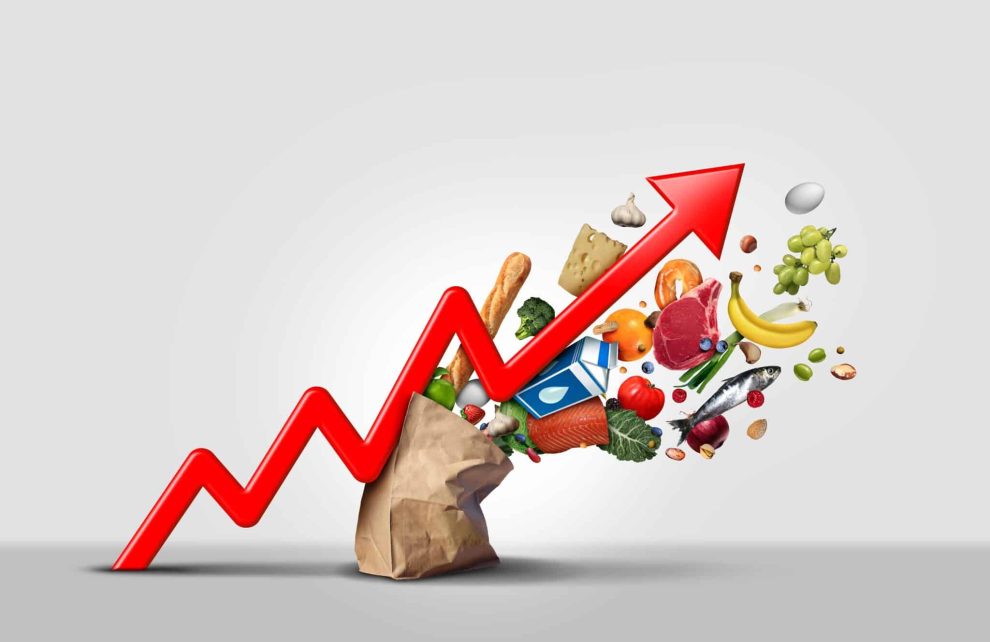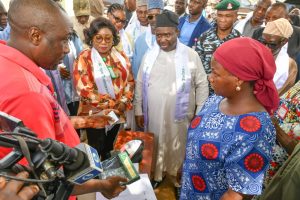ABUJA, NIGERIA — Nigeria’s headline inflation has slowed for the fifth consecutive month, offering a measure of relief to consumers facing high living costs.
According to data released by the National Bureau of Statistics (NBS), inflation dropped to 20.12 per cent in August, down from 21.88 per cent in July. This marks a sharp decline from the 32.15 per cent recorded in August 2024.
On a monthly basis, the Consumer Price Index (CPI) showed a slower pace of price increases, rising by 0.74 per cent, compared with 1.99 per cent in July.
The report also highlighted a continued disparity between urban and rural areas. While urban inflation eased to 19.75 per cent year-on-year, rural inflation remained slightly higher at 20.28 per cent, reflecting ongoing challenges with transportation and supply chains outside of major cities.
Food Prices Remain Key Concern
Food inflation, a significant driver of the country’s overall inflation rate, also moderated but remained elevated. The index declined to 21.87 per cent year-on-year, down from 37.52 per cent a year earlier.
The NBS report attributed the slowdown to falling prices of staples such as rice, maize flour, and semolina. However, food prices remain high, particularly in northern states where insecurity and logistical bottlenecks continue to disrupt supply. Food inflation was highest in Borno at 36.67 per cent, while Zamfara recorded the lowest at 3.30 per cent.
Core inflation, which excludes volatile items like food and energy, was recorded at 20.33 per cent year-on-year in August. On a monthly basis, however, the index rose, suggesting that structural pressures from sectors such as housing, transportation, and healthcare are still a concern for policymakers.
The new figures will be a key topic for discussion at the Central Bank of Nigeria’s Monetary Policy Committee meeting scheduled for later this month. The committee is expected to decide whether to maintain or adjust the current 27.5 per cent benchmark interest rate.





Add Comment